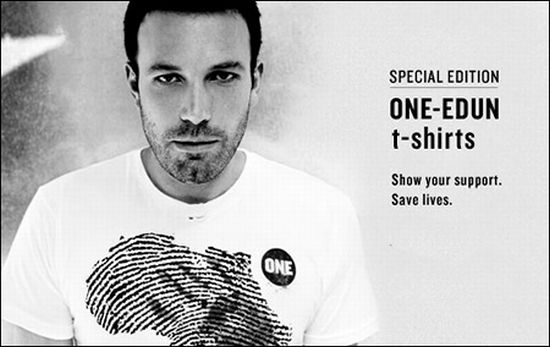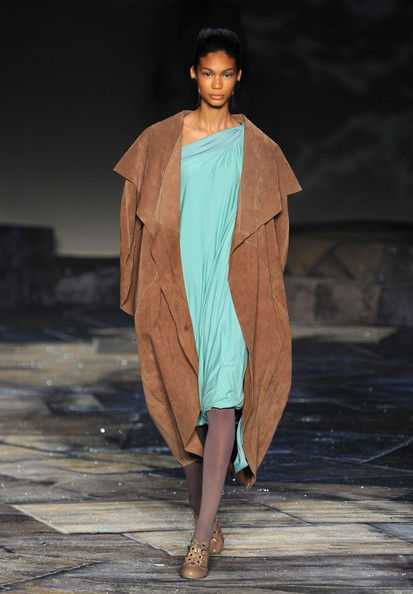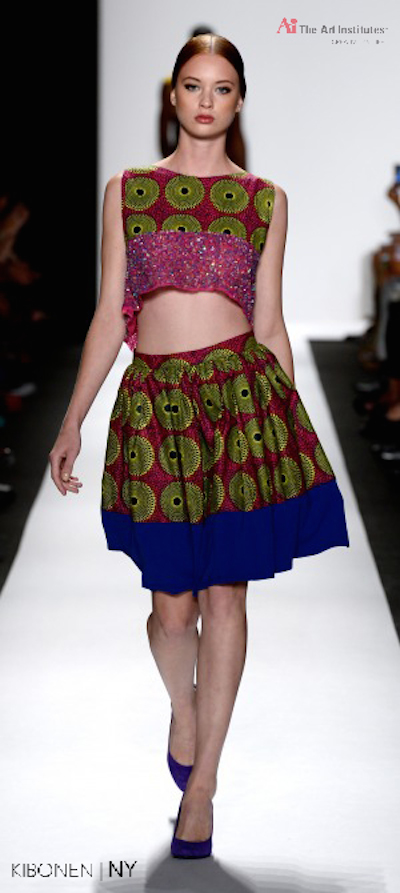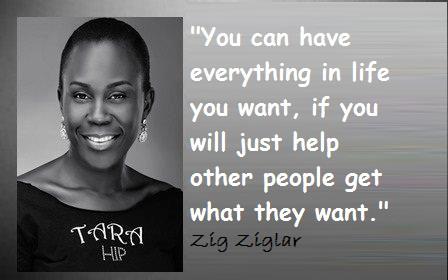 Last week, you were introduced to four brands that have taken to the African fashion scene to carry out their social initiatives- ASOS Africa, Edun, Fashion Love Africa and SUNO. As mentioned previously, the aim of this follow-up part is to gauge the effectiveness of these brands’ social initiatives using two measures.
Last week, you were introduced to four brands that have taken to the African fashion scene to carry out their social initiatives- ASOS Africa, Edun, Fashion Love Africa and SUNO. As mentioned previously, the aim of this follow-up part is to gauge the effectiveness of these brands’ social initiatives using two measures.
The first measure is whether these brands are creating jobs. The second measure is whether these brands have made a sustainable improvement in the lives of their African employees. One way that brands can make a truly sustainable impact in communities in which they operate is to equip them with transferable skills so that even if these brands relocate, the communities will be able to maintain a sustained livelihood.
ASOS Africa: since its launch, it has worked with communities in various countries including Kenya, Tanzania and South Africa, thus creating jobs in all of these regions. In addition, it appears to be making a sustainable improvement in these communities. For example, both of its latest collections, ASOS Africa and Jessica Ogden for ASOS, are produced in Kenya by SOKO, a workshop that is dedicated to developing a sustainable and long term solution to the economic problems in the Kenyan community.
Not only is ASOS supporting a social enterprise that invests all of its profits back into the growth of SOKO and local community projects, it is also giving SOKO £10 for each item sold from both the ASOS Africa and Jessica Ogden for ASOS collections: a donation of £5 from the sales of each item along with a matching donation of an additional £5 for each item purchased. This money is going towards building a new SOKO workshop which will contribute to continuous job creation and support of local suppliers.
Edun: according to an article by Daily Mail UK in September 2010, after setting out production sites in Tanzania, Tunisia and Kenya, Edun ended up shifting a percentage of its production to China for financial reasons. Edun’s website currently states that it has projects in both Kenya and Uganda. In Kenya, it has partnered with Made Africa to produce a series of tees that bring to life hand drawings made by children from the Bidii School. In Uganda, EDUN created the Conservation Cotton Initiative (CCI), the WCS and Invisible Children to build sustainable farming communities and provide a fair trade market for their cotton.
From the looks of things, it seems that a minimal proportion of EDUN’s fashion line is actually being produced in Africa thus creating only a smaller number of jobs than initially imagined. The sustainable impact that the EDUN brand appears to have is not directly related to EDUN’s fashion line, rather it is the creation of the three organizations in Uganda to help provide a fair market for their cotton.
Fashion Love Africa (FLA): As opposed to creating jobs by hiring workers, FLA essentially encourages each worker to be an entrepreneur by purchasing each bag directly from the woman who constructed it. This model could be tagged as being sustainable because it encourages these women to develop their entrepreneurial skills, a skill that is transferrable across other industries these women might choose to venture into in the future. FLA also gives $10 of the profit from each bag sold to the community through an international NGO. According to their website, “this giving-back model has helped community development and sustainability through relocation from the slum, child sponsorship, medical assistance and loan programs”.
SUNO: currently does at least 70% of its production in Kenya, thus creating a fair amount of jobs. In addition to the fact that it uses already skilled tailors, SUNO provides continuous training for its tailors by bringing in expert tailors for coaching. This continuous coaching and honing of its tailors skills empowers them to potentially pursue their own designing businesses or work for other international design houses in the future.
Despite the signs of positive changes (in some cases, and lasting) in these communities, only time will prove the real impact that these brands have had on the African communities that they have engaged with.
-Rolake Adeniran
-Photocredit: Make Luxury Count.com
Founded in 2007, Ladybrille® Magazine is a California based pioneer digital publication demystifying the image of Africans in the west through contemporary African fashion and celebrating the brilliant woman in business and leadership, with an emphasis on the African woman in the diaspora. Our coverage includes stories on capital, access to markets, expertise, hiring and retention, sales, marketing, and promotions.





good overview! points have been well researched